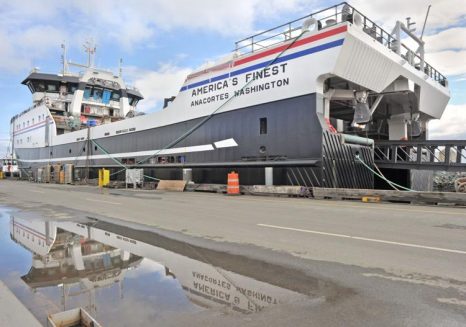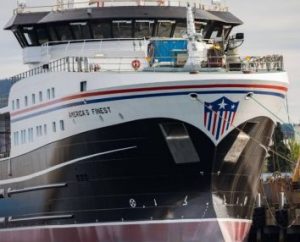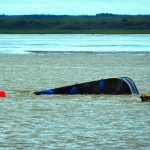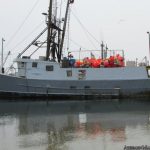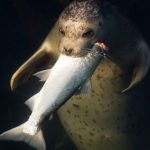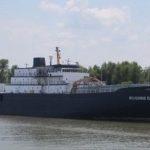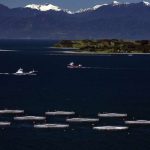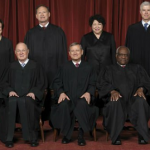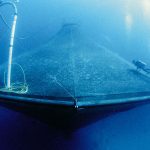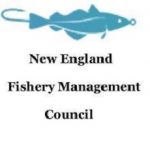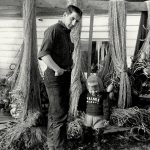Tag Archives: $75 million fishing vessel America’s Finest
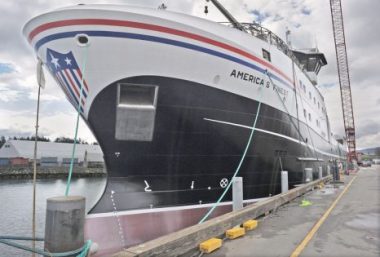
The Jones Act’s Strange Bedfellows
A strange thing happened on December 6th, 2018, when President Donald Trump signed a waiver that allowed the American business, Fishermen’s Finest, to sail its 80.5-meter fishing boat, America’s Finest, out of a Washington State shipyard over objections from special interest labor unions and trade associations. The ship was held in the harbor because its hull was made with too much Dutch steel. This violated the century-old protectionist law, the Jones Act, a little-known law passed in 1920. Even many of those who are hurt by it are unfamiliar with how this cumbersome law that likely costs the American economy millions of dollars every year. >click to read<15:53
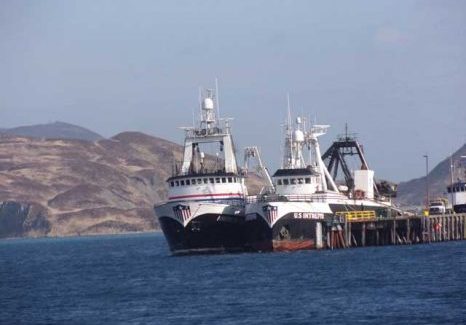
Fight over America’s Finest vessel part of bigger processor battle
The mothershippers are fighting with the groundfish shoreplants in a politicized Bering Sea commercial fishing tussle reaching all the way to Washington, D.C. The battle over Pacific cod pits the factory trawlers of the Amendment 80 fleet against Alaska shoreplants and local governments. And in February, it pitted two local governments against each other. A delegation of municipal and business leaders from Anacortes, Wash., traveled to the Aleutian Islands to ask the Unalaska City Council to reverse itself but didn’t change anybody’s mind. The brand spanking new factory trawler America’s Finest remains stranded in an Anacortes, Wash., shipyard, unable to fish in the United States because it hasn’t received a waiver from the Jones Act. >click to read<15:54
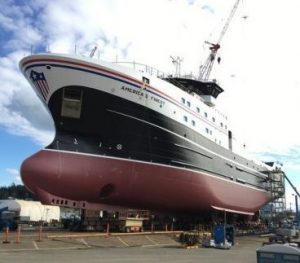
The Jones Act Drives America’s Finest Into Exile
America’s Finest, a brand-new 264-foot fishing trawler, ought to be the pride of the fleet. As a newspaper in its birthplace of Anacortes, Wash., explained, the ship features an “on-board mechanized factory, fuel-efficient hull, and worker safety improvements”—priceless features for fishermen operating in the treacherous seas off Alaska. The ship is also said to have a smaller carbon footprint than any other fishing vessel in its region. According to Fishermen’s Finest, the company that ordered the ship, it would be the first new trawler purpose-built for the Pacific Northwest since 1989. Sadly, it seems increasingly doubtful that the ship will ever ply its trade in U.S. waters. >click to read<09:07

No rescue by Congress for $75M fishing boat in Anacortes that can’t fish in U.S. waters
A state-of-the-art $75 million factory trawler moored at an Anacortes dock is called “America’s Finest,” but that name could end up being a cruel irony for the shipyard and fishing company that hoped to put it to work. The still-unfinished vessel is not allowed to dip a net in U.S. waters because the hull contains too much steel modified overseas. A congressional waiver to overcome that failed to make it into the $1.3 trillion spending bill signed Friday by President Donald Trump. Mike Nelson, vice president of Dakota Creek Industries Anacortes, said the failure to gain >click to read<22:59
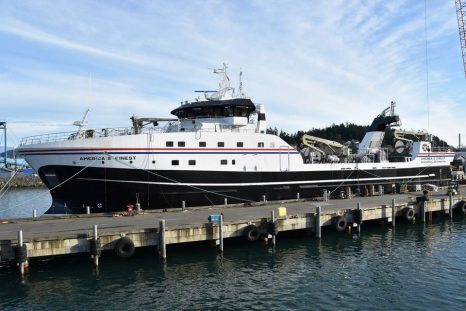
Puget Sound fishing firms tussle in Congress over new ship that ran afoul of federal law
By now, the $75 million America’s Finest should be deep into its first winter harvest season, catching and processing yellowfin sole and other fish in the Bering Sea. Instead, the 264-foot vessel — the largest trawler built in the Pacific Northwest in recent decades — is still unfinished. It sits moored at a dock at Dakota Creek Industries in Anacortes, and the shipyard has laid off more than 130 employees. Fishermen’s Finest wants the Washington and Alaska congressional delegations to back a straightforward waiver to the century-old Jones Act, which requires vessels transporting cargo and people between U.S. ports to have a hull largely made of American materials. >click to read< 13:46 

Dakota Creek Industries trying to make things right in eyes of Congress
Dakota Creek Industries owner Mike Nelson and his staff have been looking for ways to appease federal lawmakers following the mistake the company made in building the $75 million fishing vessel America’s Finest. The mistake — using too much foreign-formed steel in the vessel’s hull — requires a waiver from the U.S. Congress in order for the ship to fish domestically. The waiver would be for the Jones Act, which requires domestic fishing vessels be built in the U.S. These days, Nelson glances frequently at his cell phone hoping for good news concerning his company’s lobbying efforts in Washington, D.C. click here to read the story 12:12






